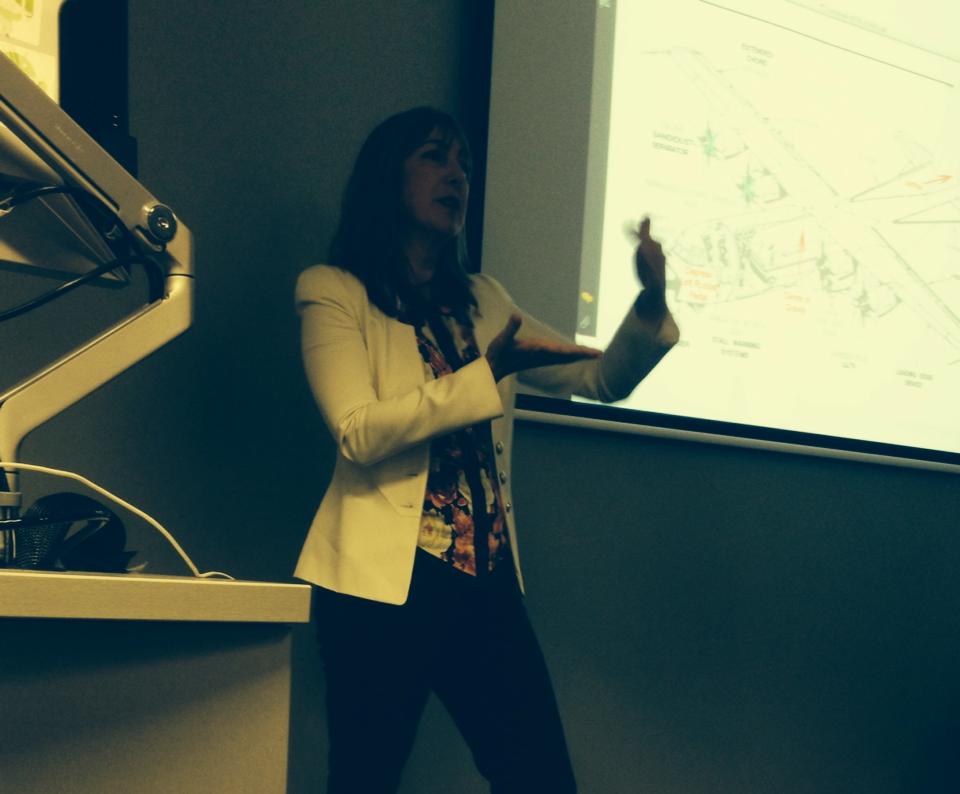This week we covered the topic of human aspects of complex systems, but more specifically human error within them. Robyn Clay-William’s panel this week demonstrated that the major contributor to errors in systems are mostly communication related. She also stated that human error can result from the continuing pressures of working on complex projects, which include tight deadlines and human and financial restrictions which lead to stress and people cutting corners or using shortcuts during the production process which further result in errors in the future.
For me, the most important aspects this week were the repeated notions of good communication and the need to manage, motivate and take care of staff who are the key to project success. I believe it is extremely important to communicate needs and requirements as precisely and as clearly as possible during all stages of a project in order to avoid ambiguity, confusion and human error. I also thought back to Week 2 and realised the significance of using feedback loops in complex systems as a means of restricting errors and of also locating errors within a complex system.
I remembered a personal example where human aspects led to confusion and resulted in an unsuccessful project last year. On randomly showing a near-final draft of my project to a tutor, I received scathing feedback. This lead to some conflict and confusion, as her artistic interpretation differed from mine quite considerably, and it was obvious that we were not on the same thinking plane. I reluctantly changed my implementation to include the tutor’s feedback and ultimately I received a poor mark for my project. From this I learnt to handle criticism better and to take advice in a non-conflicting manner, but most importantly, to trust my own judgement.
Most human errors are caused when people are performing under undue stress which leads to poor decision-making, bad communication and poor teamwork and can often result in project errors and failure. Once again leadership skills and good communication skills are vital. Project managers must possess good leadership skills in order to manage their staff and improve productivity, reduce human errors and to reduce health risks. Subsequently, I thought about what Shane said in relation to a research study on Software Engineers’ behaviours as a means of deterring other groups from committing suicide. However, I remembered reading a few articles recently which raised the issues of mental health in Software Engineers. It was found that most Software Engineers suffered from severe insomnia, which is not surprising given that they are required to work long hours staring at a screen. Another article highlighted that 62% of the Software Engineers in the study had mental complaints and that most of them suffered from depression. This is not surprising given the adverse effects of working mostly alone and under constant pressure and tight deadlines. It is relevant to note that most professions can be highly demanding and stressful but aside from organizational changes, it is up to each individual to learn coping mechanisms and to find a balance in life in order to deal with stress. Importantly, this week I have learnt that the study and management of human errors within Systems Engineering will lead to improved strategies that will eliminate and minimise human error in the future.
References
Depression and the Software Developer
Most coders have sleep problems, need ‘hygiene and care’
Mental health in software engineers.
Employment Issues for People with Mental Illness
Five System Barriers to Achieving Ultrasafe Health Care:
Beyond the organisational accident: the need for ‘‘error wisdom’’ on the frontline.
